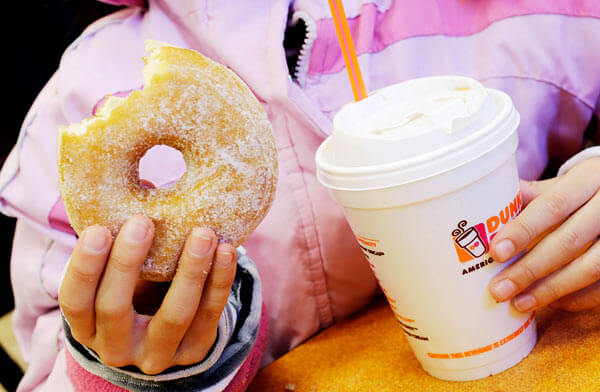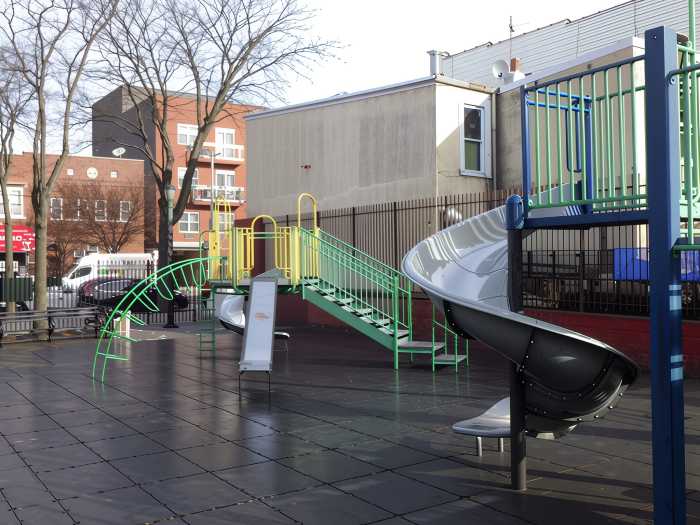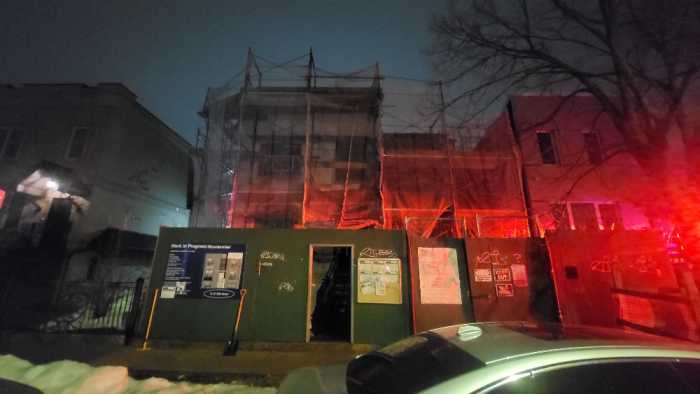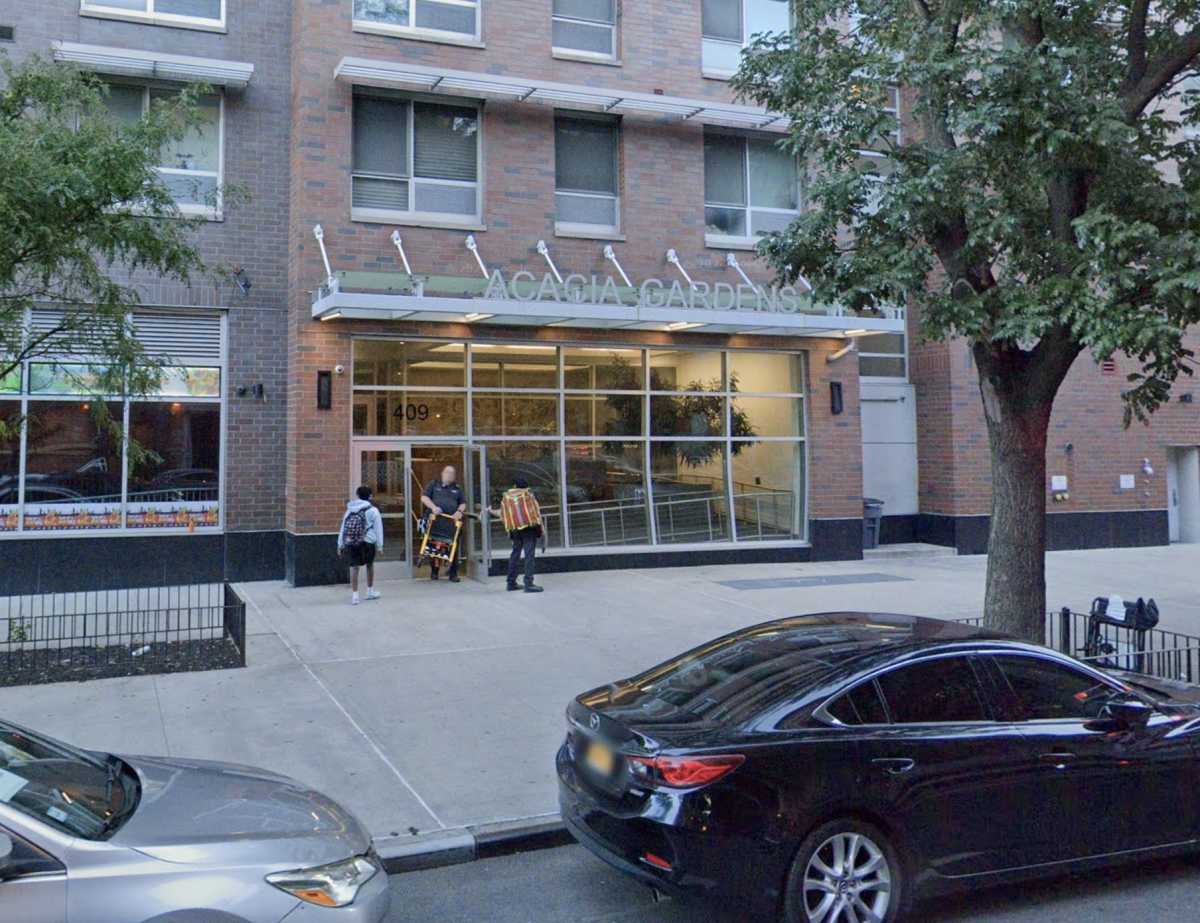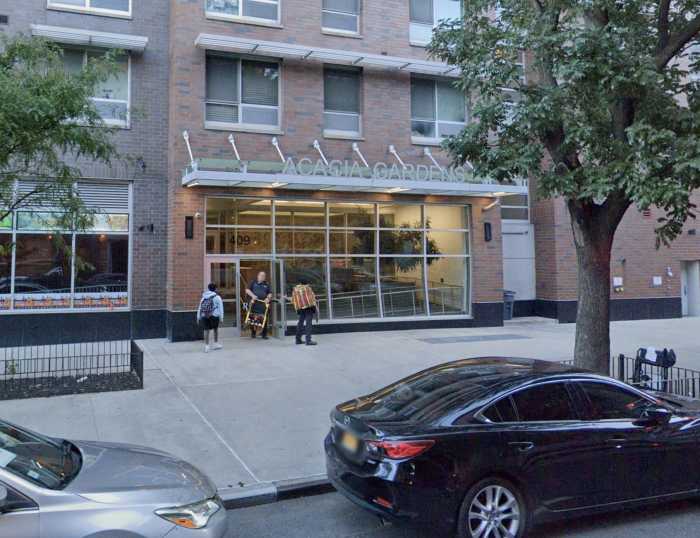By Chris Engelhardt
Restaurant industry members are voicing concern over Mayor Michael Bloomberg’s proposal to ban plastic foam cups and food containers, a measure some say has the potential to hurt small businesses that rely on the low-cost products throughout New York City.
Opponents of the proposal spoke out against Bloomberg’s plan outside City Hall June 12 before a City Council meeting, where the bill was introduced. The bill was sponsored by 11 members of the Council, including Council members Karen Koslowitz (D-Forest Hills) and Leroy Comrie (D-St. Albans).
Bloomberg first proposed a citywide ban on plastic foam in restaurants and stores during his State of the City address in February. He pointed out that the material — often made into cups, plates, trays and takeout containers commonly used in the food industry — is difficult to recycle and does not biodegrade.
He said it also costs taxpayers money because it is expensive to remove from other materials in the recycling process.
Plastic foam is commonly used to make food containers and trays, mainly because it holds heat and cold well, and is also durable and fairly inexpensive compared to other alternatives such as paper or plastic. It is, however, generally immune to decomposition, as opposed to some other alternatives, so it can stay in landfills for centuries.
If New York were to ban plastic foam, it would join San Francisco and Portland, Ore., which have respectively passed similar measures.
Councilman Peter Vallone Jr. (D-Astoria) expressed concern over the proposal, noting that the ban would eliminate 1,500 jobs in the polystyrene industry in New York state. He said city officials should consider implementing a recycling program, pointing out that he had introduced a similar measure back in 2010, but it stalled.
“Let’s try recycling,” he said. “Before we lose these jobs and hurt these small businesses, we should give it a try.”
Koslowitz, however, said the environmental and health impacts of the material are far too many to neglect.
“The goal is to move towards a more environmentally conscious city that recognizes the importance to find a biodegradable and renewable alternative to polystyrene,” she said.
New York State Restaurant Association spokesman Andrew Moesel said the ban would affect mom-and-pop restaurants and establishments that use the containers. He explained that the average plastic foam container costs about 7 cents or 8 cents per piece if purchased in bulk, in comparison to 14 cents or 15 cents for cardboard containers and 40 cents to 50 cents for plastic containers.
“If you’re a small restaurant that uses containers or are a kind of restaurant that uses Styrofoam packaging, it could have serious cost ramifications,” he said. “Alternatives to Styrofoam are twice or five times as expensive.”
Vallone said city officials have to keep in mind the interests of business owners.
“I commend Bloomberg for focusing on this issue,” he said. “But this could double the cost of packaging for restaurants, delis and bodegas. We shouldn’t harm our businesses.”
Reach reporter Chris Engelhardt by e-mail at cengelhardt@cnglocal.com or by phone at 718-260-4564.

